A Guide to Image and Print Submissions for RAPMM
I: Scanned Images (i.e., images scanned from print)
Images should always
- be in .jpg or .tif format
- be scanned in color using scan settings that best reflect the appearance of original publication
- be of uniform width and height within an issue
- have a resolution of at least 600 dpi
- provide the best possible visual representation of the original print publication within reasonable technical limitations
Images should never
- be dirty from other bits of dust, hair, or other debris on the scanner or page during the scanning process
- contain data beyond the edge of the page, (e.g., other pages in the issue, an image of the scanner itself, a hand, color bars, or file information in bleed/slug area) or require cropping for any other reason
- have text, images, or any other content cut off or missing from the image
- have images scanned too light, too dark, or otherwise unclear (e.g., blurry)
- be in spread format (i.e., there should be one printed page per scan, not two)
- contain gutter shadows
- Exception: If images were scanned non-destructively from a tightly bound publication, and/or the binding is wide, it might have been difficult (or impossible) to avoid gutter shadows, even when using special archival-grade scanning technology
- contain MS marks (e.g., writing, marks, ink blots, scribbles, doodles)
- Exception: Old and/or rare issues
- contain bleed-through (ink showing through from the other side of the page, or other pages in the journal)
- Exception: Unusually thin paper may make bleed-through impossible to avoid, even when using special archival-grade scanning technology
What to submit
- every issue in the publication’s run (unless otherwise discussed)
- all inserts included in the original publication
- all supplements
II: Print Issues
Issues should always
- be an exact representation of the original content, containing all original material (including inserts; see more on this below in the “What to submit” section)
Issues should not (within reason)
- contain rips, stains, stickers, water damage, writing, erased marks or other hindrances to clean image scanning; please provide the best quality issues you have on hand so we can reproduce beautiful scans of your content! (some issues are old and/or rarer, and in such cases issues may unavoidably contain the above problems)
What to submit
- every issue in the publication run (unless otherwise discussed)
- all inserts included in the original publication
- all supplements
